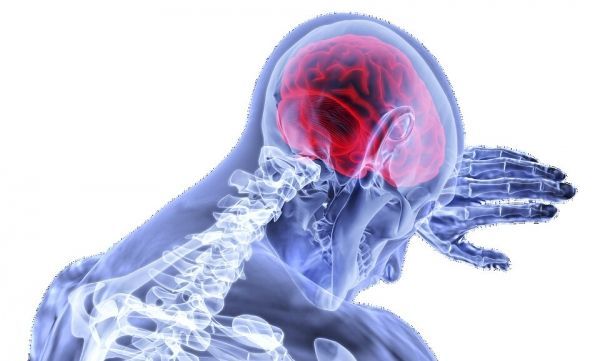Depression affects more than 300 million people worldwide, and while Cognitive Behavioural Therapy (CBT) can be an effective treatment, it does not work for everyone (only 45% of patients).
At present, it is not possible for medical professionals to tell in advance who is going to benefit from CBT and who is not.
But a new study has shown how the brain activity of patients with depression, captured by MRI scans, may help doctors predict who will respond to the therapy.
The research, led by the University of Glasgow and co-authored by the University of Plymouth, shows that brain activity recorded using functional magnetic resonance imaging (fMRI) may help predict response to CBT in depression before the treatment commences. The advances could help patients receive the most appropriate treatment for depression in a timely manner.
Read more at: University of Plymouth
Photo Credit: VSRao via Pixabay


